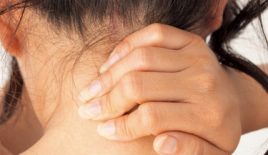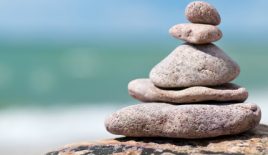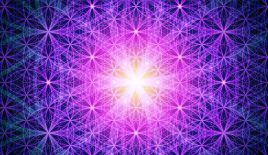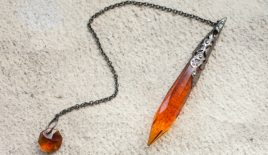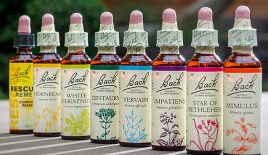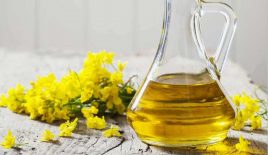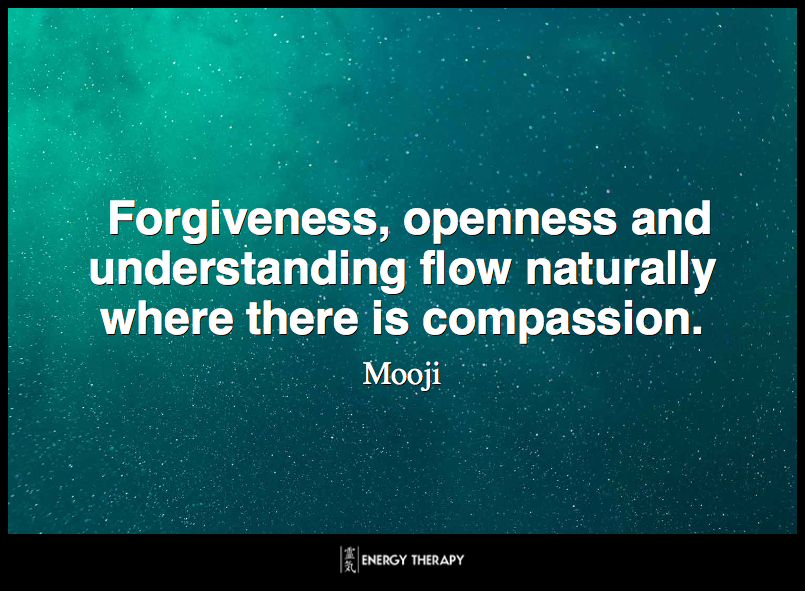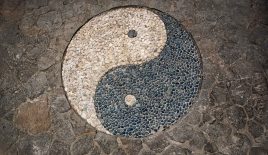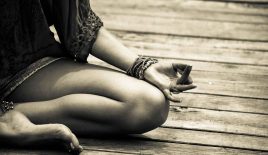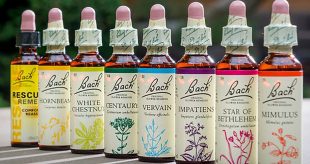Three Simple Steps to Making Your Own Herbal Shampoo
 Store bought shampoos contain many chemicals that are irritating to your skin as well as containing many toxic ingredients. Most people shampoo their hair a few times a week and may not realize the toxic mix they are absorbing through their skin.
Store bought shampoos contain many chemicals that are irritating to your skin as well as containing many toxic ingredients. Most people shampoo their hair a few times a week and may not realize the toxic mix they are absorbing through their skin.
When you shampoo your hair, the 20 blood vessels, 650 sweat glands and 1,000 nerve endings soak in the toxins. When toxins are absorbed through your skin, they bypass your liver and enter the bloodstream and tissues directly with no filtering.
Some of the more common chemicals in your shampoo can include; Diethanolamine (DEA),Sodium Lauryl Sulphate (SLS), Sodium Laureth Sulphate (SLES), Propylene Glycol, Benzalkonium Chloride and Benzethonium Chloride, Formaldehyde, Cocamidopropyl Betaine- (CAPB), Methylchloroisothiazolinone, Methylisothiazolinone, and Fragrance. To learn more about these chemicals, click here.
Healthier Shampoo Options
There are many healthy options in the marketplace for organic shampoos. It’s also important to be aware that there is a lot of greenwashing going on with labels. So be sure to read the label and understand what you are buying. In addition to purchasing organic shampoo you can also make your own herbal shampoo with the assurance of knowing the exact ingredients. It is incredibly inexpensive and easy to make your own herbal shampoo. You’ll learn how with these three steps.

Dried Herbs
First you’ll need approximately 2/3 cup of dried herbs for one batch of shampoo. The herbs you choose to make your herbal shampoo will vary depending upon your personal preference, and your hair type. Some common choices are listed here.
Dry Hair – Calendula, Burdock Root, Lavender Flowers
Light Hair – Chamomile, Calendula
Normal Hair – Red clover, Lavender, Rosemary, Horsetail
Oily Hair – Sage, Lemongrass, Peppermint
Red Hair – Calendula
Thinning Hair – Rosemary, Peppermint, Lavender
Some examples of herb combination:
Dark oily hair-Rosemary, sage and peppermint.
Blond, dry hair-Calendula and lavender.
Normal hair-Blend of lavender, rosemary and horsetail.
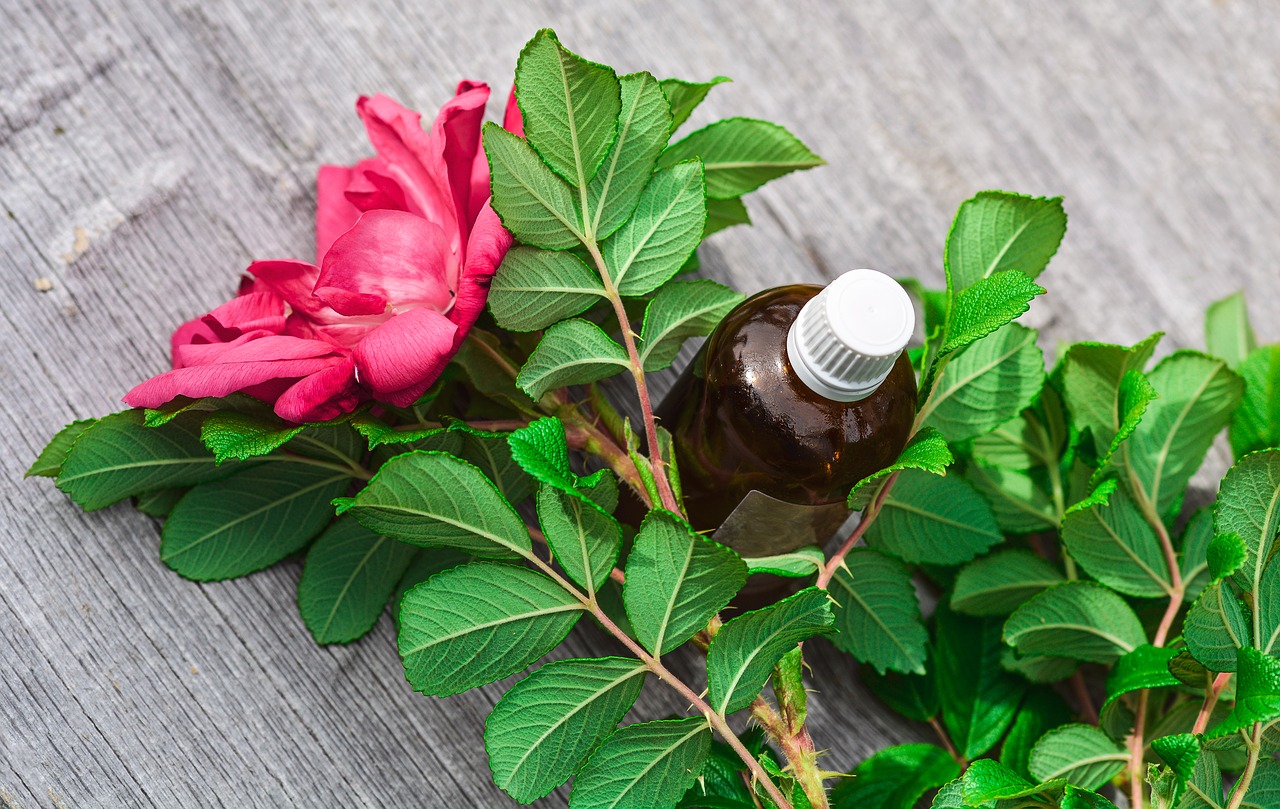
Essential Oils
Essential oils are not a necessity for this recipe. They are simply a preference. Do remember that there is a difference between essential oils and fragrance oils. Fragrance oils are used in craft projects but should not be used in personal care products. They are especially irritating and drying to the skin. Be sure you are using only pure essential oils. So what exactly should you look for in essential oils?
Always look for 100% pure essential oils. Some brands use a petroleum base solvent which can be neuro toxic, while other brands use synthetic products. These types of oils can have long lasting negative impacts in the environment, and are a source of volatile organic chemicals that can also negatively impact your indoor air quality and your health.
So how can you tell if your oil is pure? Look for these signs when testing your oils:
Essential oils should not feel greasy on your skin
Will not smell like alcohol
Disappears on blotting paper (Put a few drops of oil on blotting paper. Pure essential oils will not leave any residue when it evaporates, while petroleum and synthetic oils will).
Will not dissolve in water
Won’t smell rancid
What Essential Oils Should be Used in Your Herbal Shampoo?
The type of essential oil you use to make your own herbal shampoo is based on your personal preference, as well as your hair type. Below is a list of some essential oils for common hair types.
Dandruff – Clary Sage, Lavender, Lemon
Dry Hair – Lavender, Sandalwood, Cedarwood
Fine Hair – Rose
Normal Hair – Rosemary, Lavender, Geranium
Oily Hair – Lemon, Rosemary, Ylang Ylang
You can choose one essential oil to make your own herbal shampoo, or combine two or more. How much essential oil you use is again a matter of preference. It’s always better to start with lesser amounts and add more if needed. Many people who like fragrance will use up to 30 drops of essential oil per batch of herbal shampoo.
Other Ingredients
You’ll also need distilled water or spring water and a soap base to make your own herbal shampoo. For the soap base you can use four ounces of a castile soap such as Dr. Bronner’s or an organic, scentless baby shampoo.
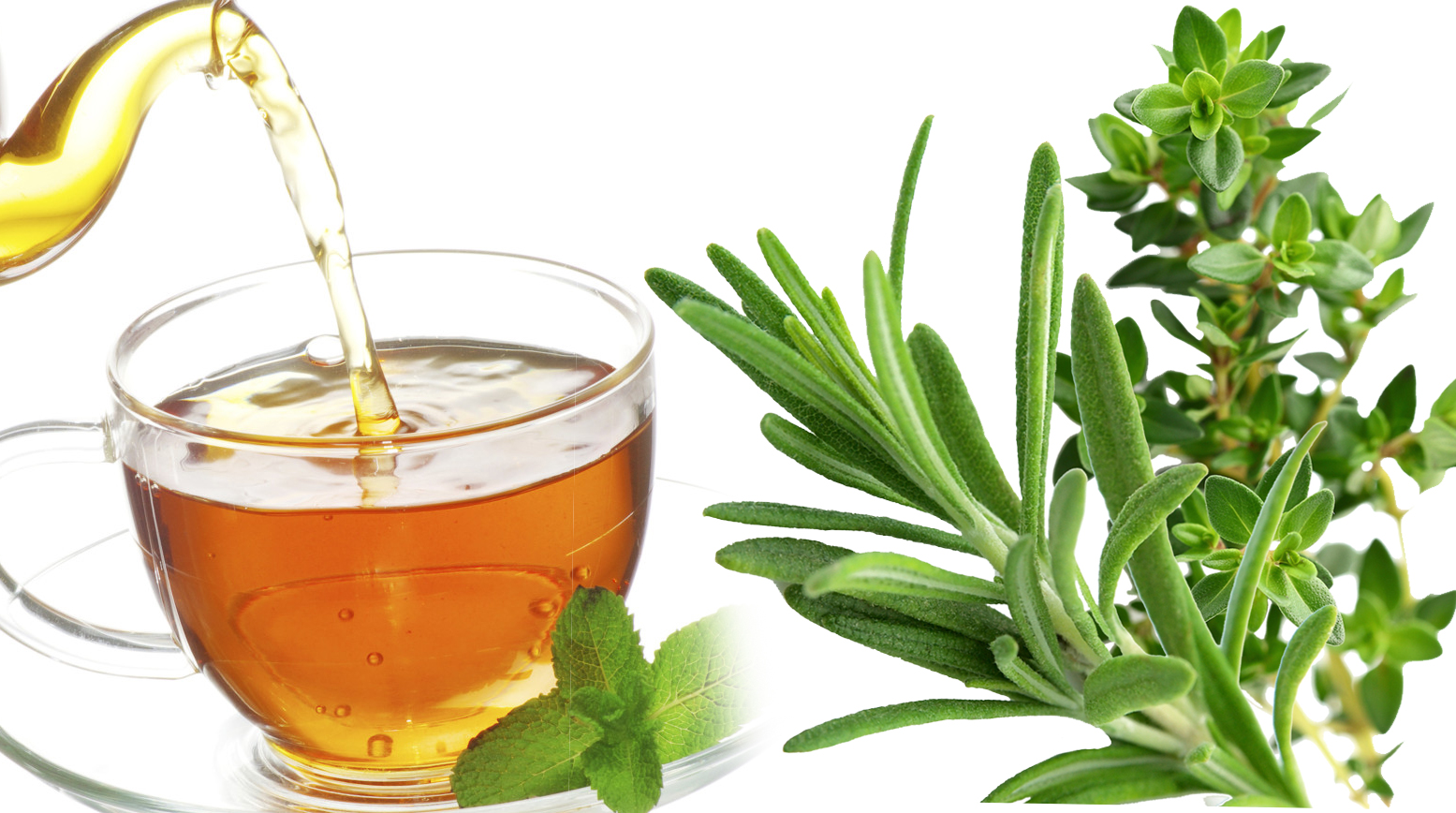
Making Your Own Herbal Shampoo
The first step in making your own herbal shampoo is to bring 2 cups distilled or spring water to a boil in a medium sauce pan. Once it’s at a rolling boil, remove it from the heat.
Now add the herbs of your choice to the water and let them steep, covered, for about 30 minutes.
After the 30 minutes, strain the herb tea into a medium sized bowl. Add the essential oil and stir vigorously. Then, add the castile soap or baby shampoo and stir gently until mixed.
Now that all the ingredients are mixed, pour your herbal shampoo into a dark plastic bottle and label.
Storing Your Herbal Shampoo
Keep this shampoo refrigerated if you won’t be using all of it within one week. It may be easier to keep a large bottle of shampoo in the fridge and a smaller bottle in the shower. Be sure to label your bottles with ingredients and the date made.
Before using, be sure to shake the bottle as the oils can separate from the soap and water. Use about a tablespoon per shampoo.
Note that this shampoo won’t lather as much as store bought shampoos, which have additives to create suds.
Enjoyed this article and want to know more? Here are some easy steps you can take right now…
- Book a life changing “remote healing session” with Soul Guidance with Jaime: https://www.energytherapy.biz/energy-healing-with-jaime-tanna/
- Join Jaime’s fantastic 1 year Energy Coaching Program: Total Frequency Shift — Discover Radiant Health & Freedom
- Sign up for Jaime’s exciting new substack at https://energytherapy.substack.com/https://energytherapy.substack.com/

